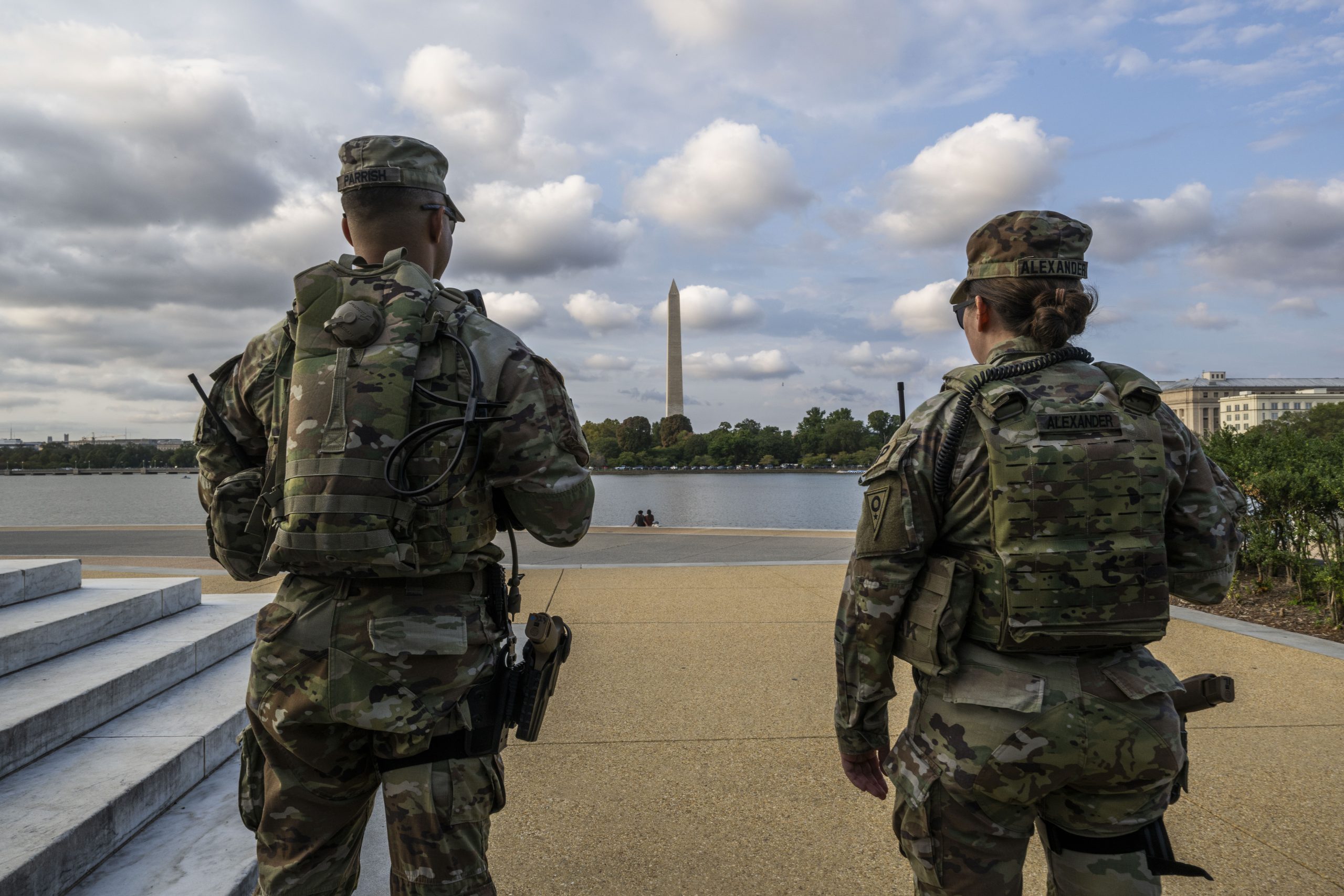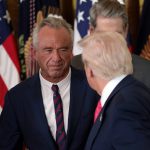National Guard to Form Crowd Control Units: A New Era?
The Pentagon is reportedly establishing new National Guard “quick reaction forces” with a specific focus on crowd control, sparking debate and raising concerns about the militarization of domestic law enforcement. These units, intended for rapid deployment across the country, mark a shift from the Guard’s traditional role in disaster relief and emergency response.
From Disaster Relief to Civil Disturbance
While National Guard quick reaction forces are not entirely new, their emphasis on “quelling civil disturbances” distinguishes them from existing units primarily focused on responding to natural disasters. The shift in focus has triggered alarm bells among civil liberties advocates, who fear the potential for misuse and the erosion of the Posse Comitatus Act, which generally prohibits the use of the U.S. military for domestic law enforcement. The creation of these units stems from an executive order issued in August. Details of the plan’s implementation have recently come to light.
Concerns and Context
The move comes amidst heightened political polarization and increasing social unrest in the United States. Protests and demonstrations have become more frequent, often sparking clashes between protesters and law enforcement. The prospect of deploying National Guard units trained specifically for crowd control raises questions about accountability, training standards, and the potential for escalating tensions during protests. Critics argue that such units could be used to suppress dissent and chill free speech rights. It’s worth noting that the National Guard has been deployed in the past to assist with crowd control during periods of civil unrest, but the creation of dedicated units suggests a more proactive and potentially permanent role.
A Sign of the Times?
The establishment of these specialized National Guard units reflects a growing concern within the government about the potential for large-scale civil unrest. Whether this represents a prudent measure to maintain order or a dangerous step towards the militarization of domestic policing remains to be seen. The effectiveness and impact of these units will depend on the specific training they receive, the guidelines governing their deployment, and the oversight mechanisms in place to prevent abuse. As these units take shape, it is essential to monitor their activities closely and ensure that they operate within the bounds of the Constitution and the rule of law.
Based on materials: Vox





